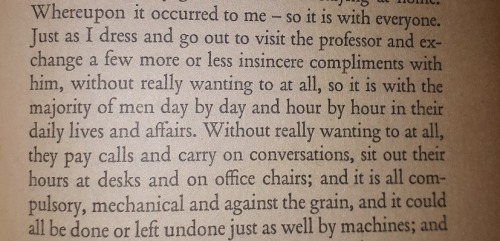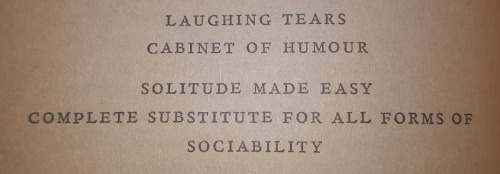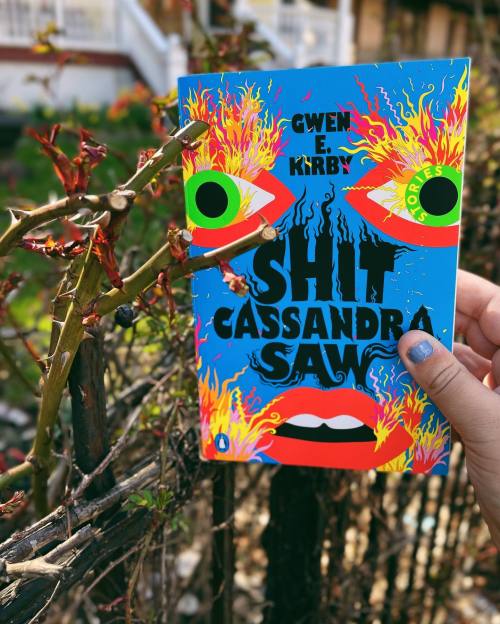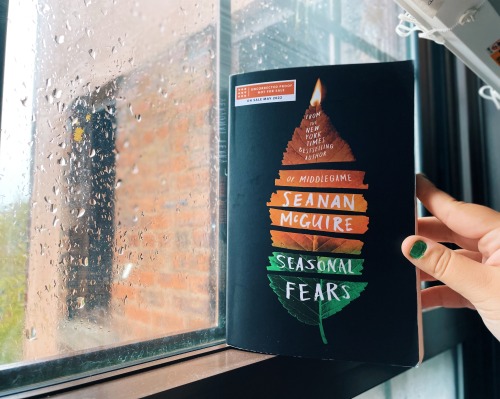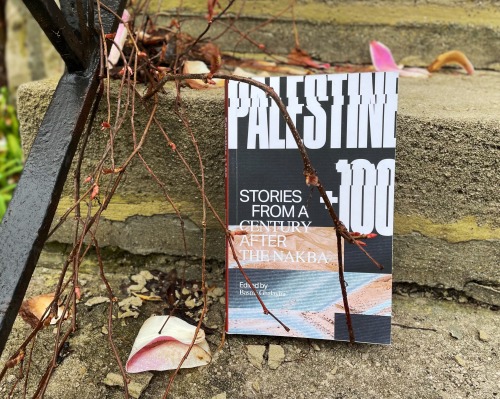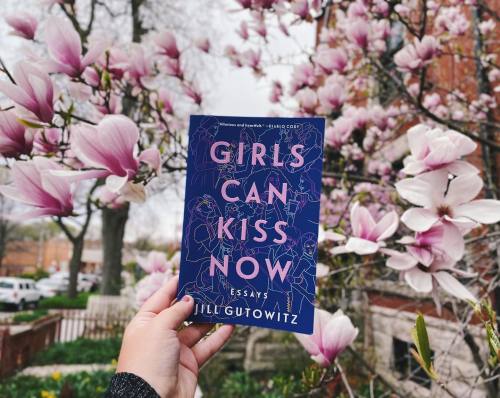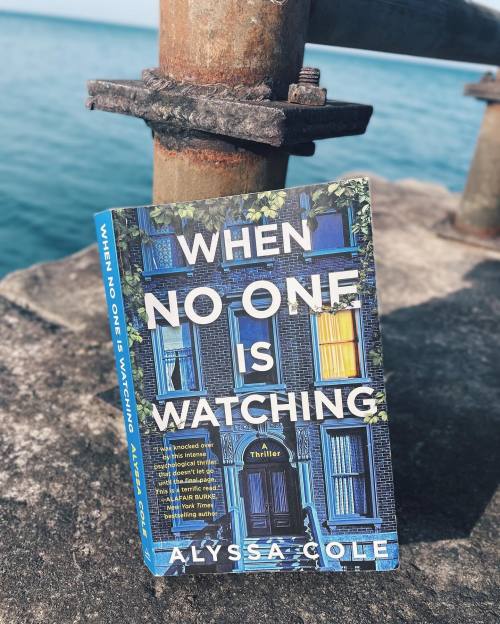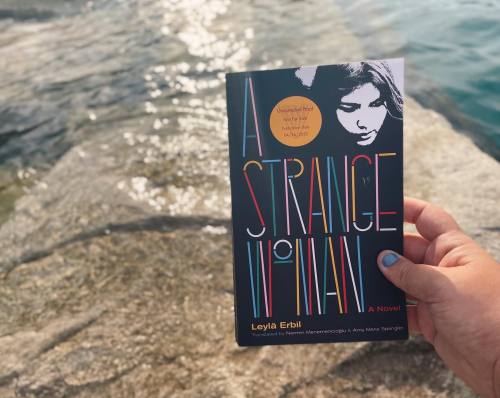#my book reviews
Book Review: Sleepless by Sarah Vaughn, Leila Del Luca, Alissa Sallah, Deron Bennett; vol. 1-2
- plot: so good!!! not overly complicated, which was good for such a short story, but I was still so invested. such a short period of time for me to adore and be so invested in the romance and the mystery of the story.
- characters: POPPY MY BELOVED!!! i love her so much, i need more of her, she is such an active protagonist, so open about what she wants, so smart, so forgiving, I need so much more of her. and cyrenic!!! a sweetheart, i love his devotion, I love seeing him deal with his freedom and uncertain future… all the other characters were interesting and beautifully designed and drawn.
- pacing: very fast paced, such a gripping story!! and yet we still had time for emotional scenes!!!
- relationships: poppy and cyrenic are an otp now, love a lady and her bodyguard trope, absolutely beautifully executed. the CHEMISTRY!! and i enjoyed the friendship that developed between poppy and rellen was quite interesting and sweet.
- worldbuilding: i could read so so so many stories set in this world, i want to explore it more!!
writingart style: im super picky about art style in graphic novels and impacts how many i read, but i loved this one as soon as i saw the cover and lovely color palette as well- themes: i didn’t process the themes much but im excited to reread and examine them!!
- conclusion: GO READ THEM, THESE ARE AMAZING!!
These are three photos from my copy of Steppenwolfby Herman Hesse. It’s about a guy called Harry Haller, who, like the guy in Notes From Underground, feels himself violently at odds with a “general society” he’s conjured in his mind, and like Raskolnikov in Crime and Punishment, incorrectly feels like he has insulated himself from the consequences of his attitude through his intellectual pursuits.
At the end of the book, he manages to free himself from these self-harming opinions through the judicious application of sex, drugs and rock ‘n’ roll. This book was written in 1927, so rock ‘n’ roll hadn’t been invented yet, but what they had instead of rock ‘n’ roll was jazz, and he gets lots of jazz.
Most of the book is written as lengthy explorations of how disconnected he feels from the mainstream culture (while feeling very bitter about being forced to engage with it in order to survive, as you can tell from the first image) and his own life. There is also a constant thread of implied menace, without ever stating it directly, from the coming Nazi shitstorm.
When he eventually makes it to the “magic theatre” above and pays the price of admittance, it really kicks off into an almost Hunter-Thompson-esque series of frightening visions and nonsensical scenarios involving brutal murders and sexual encounters and so on. I was convinced I had to make a blog post when I came across the words on one of the doors in the magic theatre:
COMPLETE SUBSTITUTE FOR ALL FORMS OF SOCIABILITY
Man, I am totally in. No further information required.
Post link
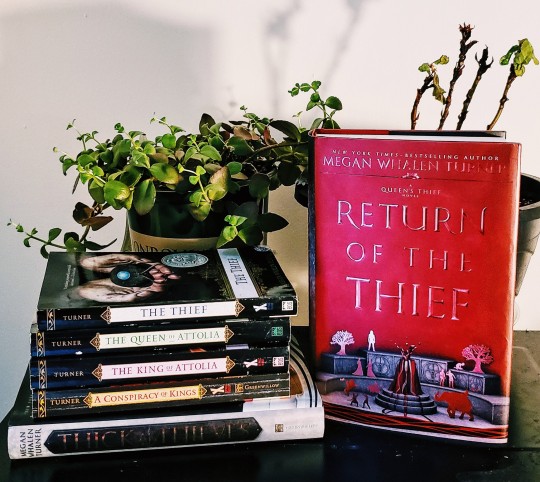
Return of the Thief by Megan Whalen Turner
Genre: Political Fantasy
Rating:5/5
The past week has been incredibly busy for me, due to work and personal reasons, but also because this series has been occupying a good chunk of my brain space. The Queen’s Thief series is one of my all-time favorites, and I’ll admit to a little trepidation before reading this final installment.
I’m delighted to say that not only did it live up to my expectations, it exceeded them. Here we get to see Eugenides in all his glory, with plenty of delightful twists and turns along the way. I smiled, laughed, and sobbed in equal measure.
No other series (not even Harry Potter) has me wanting to reread the whole thing as soon as I finish. Every time I read this series I discover something new, some sly element or foreshadowing that I didn’t catch the first or fourth time. I can’t wait to read Return of the Thief again and again and again.
I recommend this series if you’re a fan of: political/court intrigue, sassy thieves, Greek mythology, incredible writing where every sentence has layered meaning, twists at every turn, incredible slow-burn romance
InGwen E. Kirby’s short story collection Shit Cassandra Saw, women are broken up with, fall apart, find toughness in their bodies, find their own ways towards autonomy. The stories are harsh and sharp at the edges, with a dollop of irony whipped in.
In “Marcy Breaks Up With Herself,” a woman enduring heartbreak tries to invest in a Marie Kondo–like minimalist system, in a weird, self-destructive, liberating move. In “Here Preached His Last,” a ghost follows the protagonist around the house calling her a whore, but he’s unbothered. In “Casper,” three girls begin to take care of a strange white taxidermied rabbit they find for the Depot; their friendship hinges on the events that come next. Mothers struggle and flounder, but the women in these stories find a bitter, angry strength in their own destruction, a rebellion all of its own. Some of the stories felt too brief, or cut off abruptly, or were a little too indulgent, but it’s clear that Kirby is a devastating emerging voice playing with the way women are seen and treated in the world, ready to spin out satiric and ironic tales that are weighted painfully with truth.
I found the defining story of the collection was “A Few Normal Things That Happen a Lot,” a surreal story in which women become rough, sharp, monsters who can protect themselves from the predation of men and the patriarchy, but they wish they had never had to, sadness and pain comes with their evolutions. The women in these stories find a bitter, angry strength in their own destruction, rebelling by finding sharp edges and core indestructible power in their own bones, reclaiming their bodies for their own. It is a coherent and fiery collection that makes me excited about what Kirby will have for us next.
I received a copy of this book from the publisher in exchange for an honest review.
Content warnings for homophobic language, rape, sex shaming, sexual harassment and abuse, revenge porn, animal cruelty.
Post link
The youth are our future, and Teen Vogue is helping to lead the charge—through education, coverage, and amplification of marginalized voices. In No Planet B, edited by Lucy Diavolo and published by Haymarket Books, a community of climate activists speak up in a way that is accessible, educational, and inspirational.
No Planet B taught me quite a bit I didn’t know. I was most impressed by its coverage of the plastics crisis. For example, the need to shift to a ‘reuse’ approach and not depend on recycling to save us. Corporations are using recycling as a distraction while ramping up the fossil fuel and fracking–heavy production of plastics. I learned from these pieces that the US sends much of its recycled and disposable waste abroad—for a long time, to China, but now to Southeast Asia. While many Western “green” programs and corporations lean on the top five countries responsible for marine plastics to fix up their act and stop “mismanaging” their natural resources, these same countries—China, Indonesia, the Philippines, Vietnam, and Sri Lanka—are where Western countries are sending their trash.
The essays cover the young climate activists fighting for change at high levels and in their communities—whether they’re sleeping outside McConnell’s office in protest, advocating for the Green New Deal, or standing with Greta Thunberg in global climate strikes. The essays also cover intersectional climate justice, discussing and highlighting how climate change disproportionately impacts people of color, Indigenous groups, people living in poverty, and young women around the world. They amplify those voices and stress that climate justice is not only an environmental but a social and political issue.
All around, this collection is easy to read but full of crucial, important truths. It highlights how our youth are making a difference, and how we should learn from their actions, invest in their movements, and join the fight.
Post link
I wanted to love Seasonal Fears by Seanan McGuire. Middlegame was one of my best reads of 2019, a masterwork of bendy sci fi.
The core of Seasonal Fears was perfect. Harry and Melanie have been in love since they were small, fully committed to one another as Melanie struggles with a lifelong heart problem that dooms her to eventually die young. But the summer king and the winter queen are dead, meaning their crowns are up for grabs. Harry and Melanie are activated as candidates, and must enter a deadly competition. If they lose, Melanie is as good as dead. If they win, the two of them live, linked and loved, for as long as they’d like.
I love McGuire’s worlds. The core is always her characters. Melanie and Harry are believable and romantic, both realistic about their odds and hopelessly committed to each other. The supporting cast and the elemental world is interesting, and I always enjoy elemental magical systems.
But it was just too long. McGuire has a tendency to digress, and add parentheticals. It’s part of her style, and I often enjoy it—there’s nothing wrong with it on its own. But this particular novel, which is 476 pages in total, could have and should have been closer to 300. The digressions were much too expository and often dug themselves in circles. It really comes down to this: at a certain point, you have to trust that the reader sees what you’ve already demonstrated, whether it be Harry’s privilege, the two teens’ love for each other, or the world-building.
McGuire is usually good at trusting the reader to follow her, and then using the parentheticals as bonus material or foreshadowing only. In this novel, I think there needed to be a more demanding editorial eye to cut the text down, in order to let the romance and the sharp, dangerous action take center stage. The action is cut apart by long, lengthy descriptions and exposition. McGuire also uses digressions almost apologetically (or even pedantically) in unnecessary ways—for example, explaining why Harry as a young boy understands consent so implicitly, when honestly she could have just let it be with a sentence.
I was fully invested in Harry and Melanie, but around ¼ of the way through the novel, I stopped feeling like they were in any danger. The first fourth of the book was the best part, because it built so much around Harry and Melanie and the mystery of what was going to fall onto their shoulders, and Melanie’s heart condition. But the further into the book I got, the harder it was to stay as invested. The stakes, the suspense, and the dark serrated edge of McGuire’s Alchemical Journeys world were blunted by its extra length.
I received a copy of this book from the publisher in exchange for an honest review. Seasonal Fears is out now.
Content warnings for misogynstic violence, torture, ableism, domestic abuse, suicidal ideation.
Post link
What does it mean to imagine a future when everyday life is already dystopian and the opportunity to revisit your past has been taken away? Palestine +100: Stories from a Century after the Nakba asks Palestinian authors to imagine the future, to take their uncertainty, their generational trauma, their memories, and present stories about what the future could look like for the Palestine people. This excellent collection edited by Basma Ghalayini features a dozen short stories, six of them in translation, all of them thought-provoking.
The stories cover a wide range of forms and narratives, but the collection is unified by the common themes forged by the pain of the Palestinian experience. Multiple stories imagine technological ‘solutions’ to the crisis of ownership—a “transparent” wall keeping out Palestinians—splitting the city into two parallel worlds so that Palestine and Israel can occupy the same space, yet inequality persists—real walls that separate the two states in forced segregation. Stories explore the complicated role of collective memory: from a world in which the 'right to remember’ is taken away in order to enforce peace, to a world in which Palestinians’ memory is leveraged against them as they’re buried into a virtual utopia to keep them from realizing their dystopian truth. Silence is enforced, people bury themselves into virtual realities, forced forgetting fails to work time and time again. Most of the writers explore fiercely surveilled worlds—drones, spies, betrayals, are rampant.
It’s hard to choose favorite stories from the bunch, but I had to try. Saleem Haddad’s “Song of the Birds” opens the book with its strong, terrifying concept of false utopia and ambiguity—Majd Kayyal’s “N,” translated by Thoraya El-Rayyes, looks at what a split universe could look like, shows the inequalities and pains that persist, shows the tricks and lies that continue to cause damage. Tasnim Abutabikh’s “Vengeance” shows a future where all citizens depend on life-masks which are deactivated if the government decides they are too unhealthy or close to death and so are a waste of the air. In “The Association” by Samir El-Youssef, translated by Raph Cormack, a journalist investigates the murder of a historian and uncovers a group of rebels trying to preserve the memory of the war that a treaty pledged to stamp out. And in the often absurd, surreal “The Curse of the Mud Ball Kid,” by Mazen Maarouf, translated by Jonathan Wright, the last Palestinian on earth holds all of the energy of his killed people inside of him—and if he dies, the energy could destroy them all.
All in all, this short story collection was well worth the investment, and I’m thrilled to have it on my shelf.
Content warnings for violence/gore, suicide, Islamophobia/xenophobia, forced relocation, violent repression of protest, use of the g-slur.
Post link
Jill Gutowitz is a voice I recognize. She knows that New Jersey aughts life, a time of Z100 and gossip magazines and normalized homophobia. In Girls Can Kiss Now: Essays, Gutowitz breaks down what it was like to grow up in a time when queerness was great as long as it was for the male gaze, when otherwise being a “dyke” was the worst possible thing you could be, and what it’s meant to her to watch our pop culture shift from that to a generation of out queer pop stars, online lesbianism, and queerness being “cool."
Gutowitz’s cultural commentary is funny, heartfelt, and earnest. She writes about why sapphics are so into "step on my neck” mommy culture; she writes about lesbian yearning and that time she was visited by the FBI for making an “Arya Stark” list of the senators who confirmed Kavanaugh. . I didn’t agree with all of her takes. She leans a little too hard into the idea that queerness is cool now, so we’re all ok. I struggle with the claim that insisting that celebs are secretly gay is fine nowadays because it’s no longer as big a deal to come out, and because the people doing the speculating are queer. I’ve ranted about this topic, and her arguments weren’t convincing.
But all around, I really enjoyed this essay collection. It was funny and honest, Gutowitz baring her most vulnerable moments with a rich dollop of queer-ass millennial humor on top, digging into the gayest paparazzi photos of all time or picking apart her childhood desire to be a celebrity. It’s a vivid window into millennial queer culture as well as the current lesbian canon, and is relatable, touching, and a lot of fun.
Content warnings for homophobia, emotional abuse, sexism, sexual assault/coercion.
Post link
InAlyssa Cole’s psychological thriller When No One is Watching, Sydney Green is adrift in a Brooklyn changing faster than she can keep up with. Lifelong neighbors are disappearing, white, paranoid, disdainful people are moving in, vulture real estate agents are trying to get her to part with her mother’s home. She teams up (reluctantly) with new white neighbor Theo to put together a more accurate and inclusive tour of the neighborhood and try to preserve some of its real history.
But as they dive deeper, weird things continue to happen in the community. Things get darker, stranger, the treats get bigger. And soon, they’re embroiled in a conspiracy that no one will believe.
I read this book in one day. I started it on the edge of the lake and finished it while eating dinner later that night—I could literally not put it down. Cole brings white woman tears, the slow prowl of a cop car, the microaggressions of neighbors, the frustrating bullshit spouted on a NextDoor page, rising rent, impossible binds, and more into a Get Out–like tale of psychological horror—surveillance, shadows, doubles, threats, set-ups, intruders.
And most of all, Cole infuses her book with an overwhelming dread that is based more in reality than in any conspiracy: the dread of what will go next, which neighborhood institution will fall overnight, which neighbor will disappear without saying goodbye. Cole’s thriller left me buzzing with anxiety and anger in all the right ways.
Content warnings for medical bias and neglect, gentrification, racism, depression, panic attacks, forced institutionalization, gaslighting, deportation threat, land theft.
Post link
The first novel by a Turkish woman to ever be nominated for the Nobel Prize, but it took 50 years for it to be available in English translation. A Strange Woman by Leylâ Erbil, translated by Nermin Menemencioglu and Amy Marie Spangler, is a modern classic of feminist fiction, a novel about a woman trying to access an independent, radical life in the quagmire of institutionalized patriarchy.
The novel features Nermin, a young woman trying to break into the political, intellectual world but discovering that the world of poets and writers itself is rife with sexism. She struggles with her objectification, with the way society, her mother, men, friends all see her as something to be married off or slept with, the way all of her independence is morphed through rumor into sexual promiscuity and shamelessness. All she wants is to break free of the casing she’s in. Herself privileged, she romanticizes “the people” and the poor in her own problematic ways. She wants to make change. She wants to be a real human being in the world.
The novel also narrated by her father, a man who worked hard for years as a sailor, who is torn apart by the political pain and turmoil he’s seen, by the death of communist leader Suphi and its mystery. He struggles over her daughter’s choices, her inability to see all that she’s been given—a classic tale of “ungrateful” children, of children who just don’t understand the world. His past and present unspool as he slowly dies.
All together, it’s a vivid, experimental story about generational difference, deep-seated trauma, sharp disillusionment, the pain of throwing yourself against the world and not making a visible dent. This book is finally out now and available, and was published on April 26 by Deep Vellum.
I received a copy of this book from the publisher in exchange for an honest review.
CW sexism, torture, imprisonment, suicidal ideation & self-harm, trauma, domestic abuse, sexual harassment & assault, incest, ethnic prejudice.
Post link

